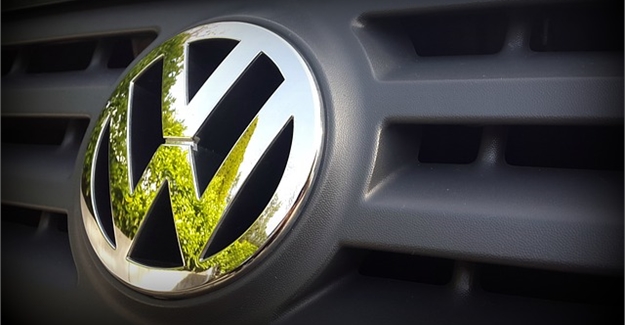SAN FRANCISCO, USA: A US judge on Tuesday, 25 October 2016, granted final approval for a $14.7 billion class action settlement in Volkswagen’s diesel emissions cheating scandal, the largest such automaker settlement in history.
The buyback deal at the same time also resolved some claims brought by US and California environmental regulators who had sought penalties for Volkswagen’s violations of pollution laws.
“Final approval of the 2.0 litre TDI settlement is an important milestone in our journey to making things right in the United States and we appreciate the efforts of all parties involved in this process,” Hinrich Woebcken, president and CEO of Volkswagen Group of America, said in a statement.
The settlement offers compensation to nearly a half-million owners of polluting Volkswagen and Audi diesel-powered vehicles in the US which the German automaker has admitted configuring to deceive emissions tests. This allowed some cars to emit almost 40 times the permissible levels of harmful nitrogen oxides.
Owners of 2.0 litre diesel-powered cars will be eligible for buybacks, penalty-free lease terminations or free modifications to fix the vehicles’ emissions. All participants will also receive cash payments.
In addition to $10 billion for compensation to owners, Volkswagen will create a $2.7 billion fund for environmental remediation, and provide $2 billion to promote the use of “zero emissions” vehicles within the United States.
“The settlement adequately and fairly compensates class members,” US District Judge Charles Breyer wrote in an opinion approving the deal.
“While plaintiffs might ultimately prevail on their claims, the settlement provides benefits much sooner than if litigation were to continue. Moreover, litigation would cause additional environmental damage that the settlement otherwise reduces.”
Breyer had granted preliminary approval for the settlement in July, praising the “enormous efforts” by all sides to reach an agreement and avoid a trial.
Volkswagen’s parallel agreement with US authorities will require it to modify or remove 85% of the vehicles from the roads by June 2019 or face steep additional penalties.
California will receive about $1.2 billion to mitigate environmental damage caused by the pollution, of which $381 million will fund projects to reduce smog, such as creating incentives for cleaner heavy-duty vehicles, according to the California Air Resources Board.
“Today is a landmark day, when this innovative settlement can be put into action, investing billions of dollars into public health protections to remedy these serious violations,” Cynthia Giles, head of enforcement at the US Environmental Protection Agency, said in a statement.
Breyer’s rulings were a major step in the German automaker’s efforts to move past the scandal and revive sagging sales after admitting to the deceptive practices in the production of some 11 million vehicles worldwide.
But the costs of the scandal have been considerable. Volkswagen reported a 1.6 billion euro ($1.74 billion) net loss for 2015, its first in more than two decades. The company has booked 18 billion euros to cover repairs, buy-backs and legal costs for the scandal, but commentators have said the final amount could be much higher.
The company is in talks with US federal prosecutors to settle criminal allegations related to the emissions cheating. Prosecutors last month indicted James Liang, a Volkswagen engineer, who has pleaded guilty and agreed to cooperate as the United States builds its case.
Volkswagen also still needs to conclude a separate settlement in the United States concerning about 80,000 Volkswagen, Audi and Porsche cars with 3.0 liter engines equipped with the emissions cheat devices.
The company has been far less generous in Europe, pledging to bring affected cars there into compliance by next year. The company also faces billions of dollars in damage claims from investors.

